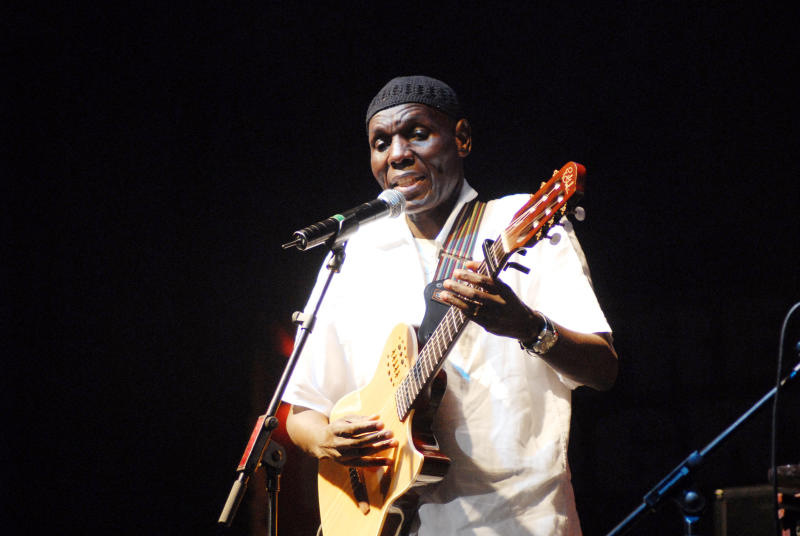×
The Standard e-Paper
Join Thousands Daily

Kenyans joined the world in mourning one of the greatest musicians in Africa, Zimbabwean Oliver Mtukudzi, who died on Wednesday.
His music career spanned more than four decades and produced 67 albums.